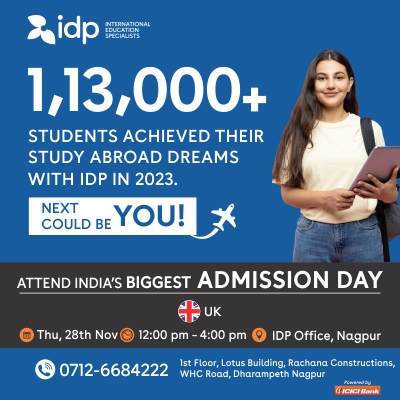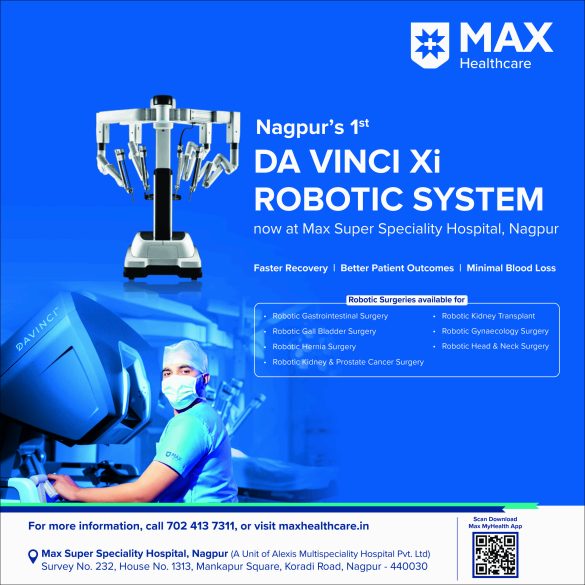On the occasion of Centenary celebration of Matru Sewa Sangh for completing its 100 years from 1921
to 2021, IQAC, Matru Sewa Sangh Institute of Social Work, Nagpur in collaboration with AIMPOWER
FOUNDATION organised a three-day online workshop on “Gender, Patriarchy and Feminism†on 22nd, 23rd and 24th April, 2021.
This three day workshop includes three technical sessions on ‘Gender’, ‘Patriarchy’ and ‘feminism’.
The workshop started with an inauguration session. Dr Lata Deshmukh, Secretary, Matru Sewa Sangh
as a chairperson of the inauguration session said, it is very essential to discuss gender issues in contemporary period to make society equitable for all gender.
A chief guest of the inauguration session Dr Urmila Dabir, Principal of Rajkumar Kewalramani Girls College, Nagpur in her inaugural speech congratulated MSS on its celebration of centenary year and expressed the need of such workshop to strengthen teaching learning methods in institutions.
The workshop was followed by first Technical Session on “Genderâ€. Dr Vikas Jambhulkar, Associate
Professor, Department of Political Science, RTM Nagpur University as a chairperson opined that the
homogeneity of the term ‘gender’ should be critically discussed from the perspectives of caste, class,
ethnicity, and race.
The resource person for the session to speak on gender was Dr Asha Singh, Assistant Professor Gender
Studies at centre for studies in social sciences at Kolkata. In her speech she explained the basic
difference between the sex and gender; gender as a tool to observe and analyse the social reality.The discussion was much focused on the processes of cultural production through folksongs.
In reference to her research paper on Bhojpuri folksongs, she shared the analysis on how gender roles and responsibilities are defined discriminately and transferred from one generation to other. Unequal
gender roles and discriminate share in property are the reason behind mental and nutritional health
problems of women and hurdle in their empowerment.
In a second technical session on 2, Ms. Chand Mahal Ruby, Senior Research Fellow, Jamia Melia
University, New Delhi was a resource person. She spoke on the understanding patriarchy in the
society. She focused on a presentation of statistical representation of women in various sectors like,
media, politics, labour as well discrimination against women. She talked over patriarchal relations in
sexuality, patriarchal culture in society, and brahminical patriarchy and critically examined its functions and impacts.
Dr. Ajit Kumar, Retired Associate Professor from Matru Sewa Sangh Institute of Social Work, Nagpur
as a Chairperson, with the reference of very important movie, “The Great Indian Kitchen†said that to
bring the equality in the society, it is must to bring women out from the kitchen. That will assist them
or support for their mobility.
In a third technical session on ‘Feminism’, on day three as a resource person Dr Anita Tambe, Assistant
Professor, Centre for gender Studies, Savitribai Phule University, Pune was speaking on how the
concept of feminism has evolved in India over the period of time. She explained gender in the context
of Sexuality, Productive labour and Reproduction. She shared her research experience and referred to
the works of Maitrey Choudhary and Mery John.
Women are as a group; All the women have common
experience of oppression and Personal is political; these are basic concepts as the foundation of eminism. Feminism states that there can be differences in Material conditions of women but their
individual Experiences are mostly common. Majority of women do not have control over property,
right for choices and decision making. By stating differences between western and Indian feminism
explained how feminism in India evolved in different phases of the movement from colonial times to
the current debates of the dalit patriarchy.
Adv Dr Rekha Barhate, Bapuji Bahujan Samaj Kalyan Bahuddeshiy Sanstha, Nagpur as a chairperson
talked over different waves of feminist movement from right to vote, liberation movement till
discrimination and exploitation against women. She also referred to the traditional Indian feminist
movement. She emphasized on the need of awareness among women to make them resist for their
rights.
Dr Vasanti Deshpande, Treasurer of Matru Sewa Sangh in her valedictory speech said that the society
needs to change its perspectives. Women are equal to men and need equal opportunity to prove
themselves.
Professor Keshaw Walke, Officiating Principal of Matru Sewa Sangh Institute of Social Work and
Director of the Workhop has initiated and extended his support for the great success of this workshop.
In his speech, Dr Walke shared insights on gender perspectives and extended his gratitude and
heartfelt thanks to all the dignitariesfrom management, institute, academics, research scholars, social
workers, students.
The workshop was successfully coordinated by Dr Prince Agashe, coordinator of the IQAC, MSSISW
and Convener of the workshop Mr Vanita Tumsare, President, AIMPOWER FOUNDATION. Dr Nandita
Mane, Mr Mukesh Shende, Ms Poonam Nimje, Ms Nisha Kolhe, Ms Seema Panchabhai, Mr Krishna
Mate, Ms Nisha Jagtap contributed to the workshop. The workshop was attended by Faculties, Social
Workers, Students from the various states of India




